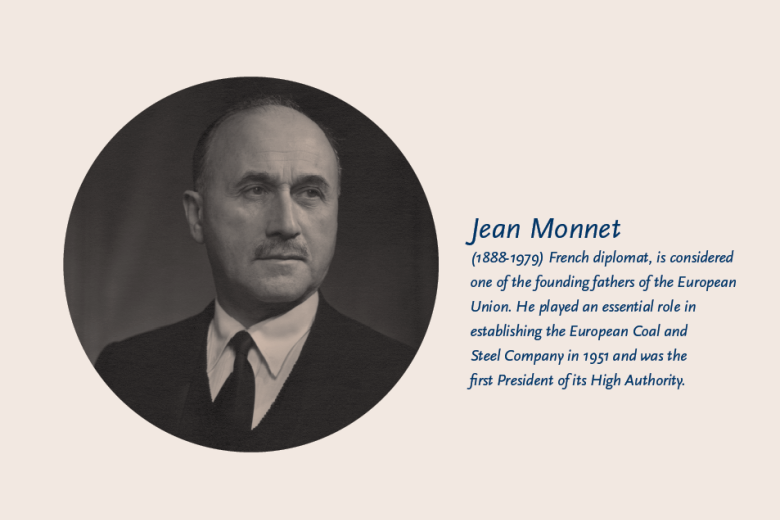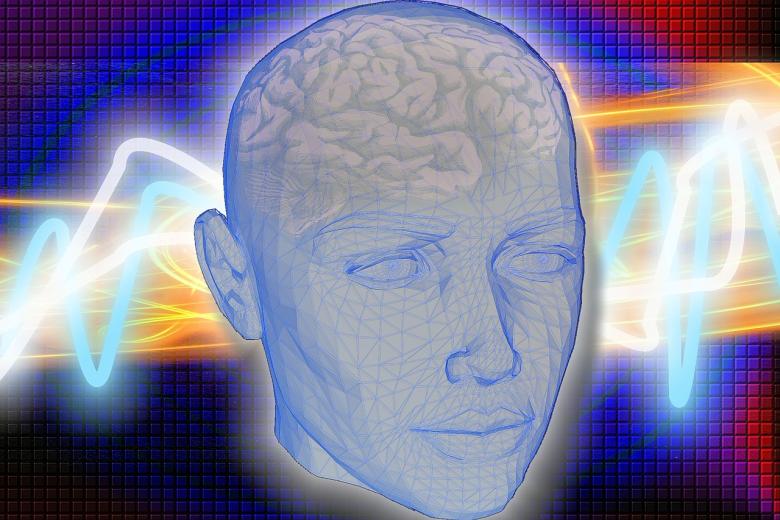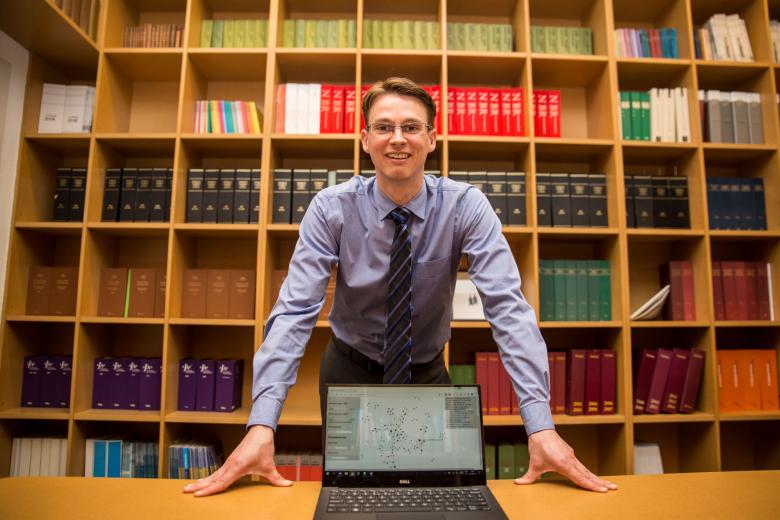Jean Monnet
Jean Monnet (1888-1979) is, in some ways, an unlikely person to be honoured by having a university hall called after him. Indeed, Monnet left school at the age of sixteen, never obtained a university degree, and indeed never started university studies. He grew up in the city of Cognac as the son of...









